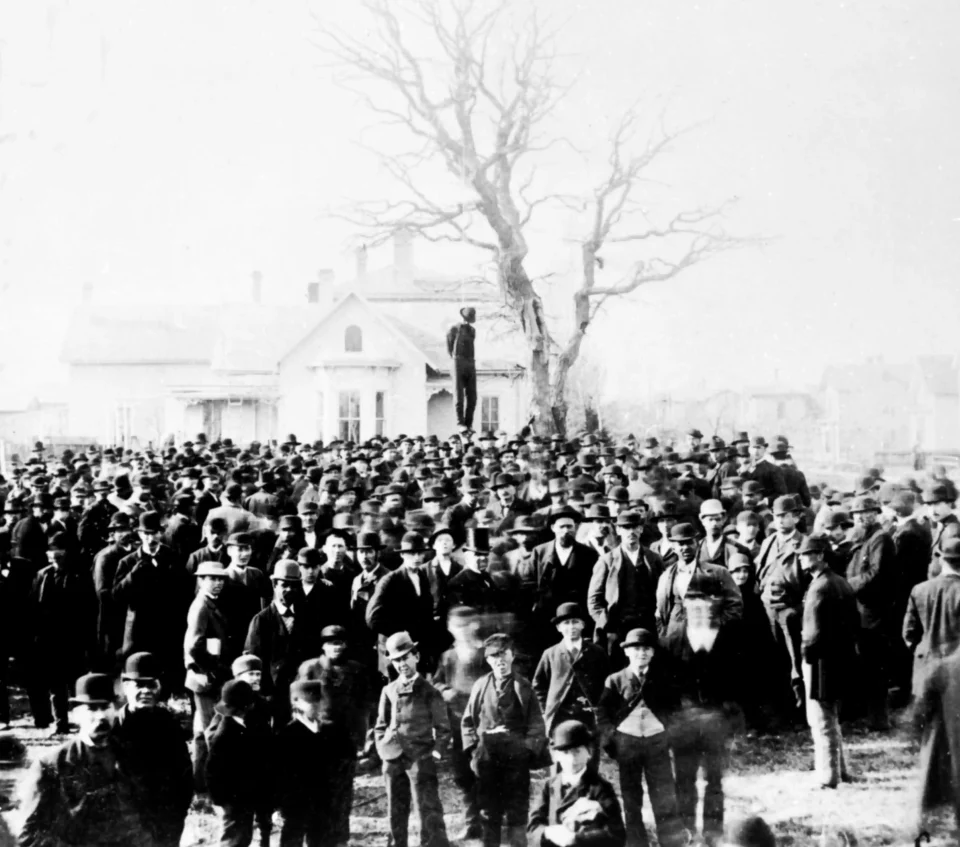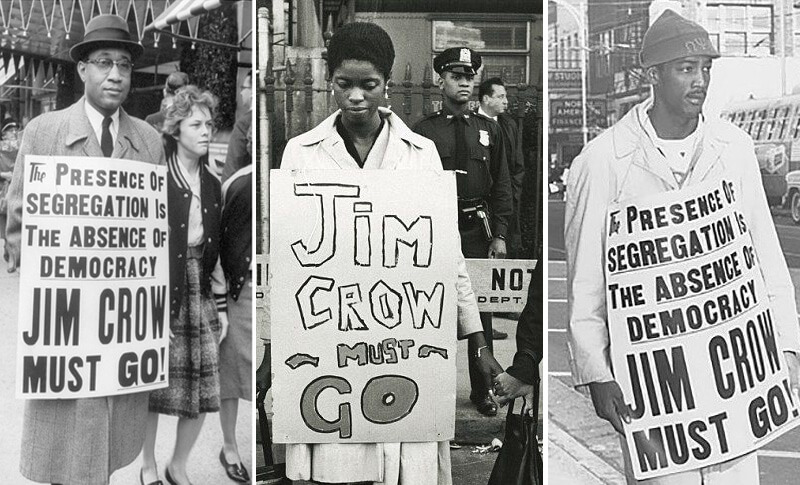I’ve Been Here For Years.
What is the best way to execute somebody? If you had to guess, what would you choose? Lining them up and having a firing squad shoot them in the face? What about strapping them to a chair and sending a 1000 or so volts through their body? Or how about injecting them with a concoction so toxic that they can’t even scream as pain ripples through their body? No? None of that moves you. Well, it didn’t move Tennessee state Rep. Paul Sherrell either.
Sherrell suggested reviving an age-old one to top them all — stringing a person up to a tree like back in the good ole days when America was great. Historically, we call that lynching. Lynching was once a great American tradition aimed at keeping black people in check. You wanna whistle at a white woman? Honey, pack up the kids, we’re going to a lynching.
Jim Crow Says Don’t Call It A Comeback
Notice Sherrell didn’t suggest a gas chamber, or a beheading, or something else more culturally offending. Instead, he suggested something nearer and dearer to the state’s cultural heart. He suggested a punishment he empathized with — lynching black people. Back in the Jim Crow days, lynching was a legal form of execution in Tennessee. And government in Tennessee was highly proficient at lynching.
From 1877-1950, 236 people were legally lynched in Tennessee. That’s right, 236. How many do you think were black? Also consider the undocumented ones where somebody got a rope and a truck and went all vigilante. Compare that to the last 50 years. In the last 50 years, the state has only legally executed 13 people. 13. And none of them were lynched. Poor Jim Crow. He must be rolling over in a poplar tree.
Related: Racism Persists Today
When the back hit the lash, Sherrell tried to moonwalk away from his suggestion. He said he was just merely suggesting a heinous punishment for a heinous crime. But imagine it. A black man commits a crime the state considers worthy of execution. In 2023 how would that work? Which white guy drags the black guy out to a field and hangs him from a tree? Somehow, those optics don’t seem like they would go over well.

People sometimes say, if we don’t know our history, we’re doomed to repeat it. But an MSNBC contributor has a different take. Jelani Cobb said, “Sometimes we repeat history because people have learned from it.” Rep. Sherrell knew what he was suggesting. And he knew its historical content. And who he was directing it at. Hopefully, come next election, the people of his district tie his re-election chances to a tree and watch it gasp for breath.
Meanwhile back in the sticks, aka the great state of Mississippi, the state government, which is majority white, has been plotting a takeover of the blackest city in America. That would be Jackson, Mississippi, where 83% of the population is black.
Jim Crow Says Don’t Call It A Comeback
Ever since Jackson’s city government stopped being able to do fundamental things like control crime and provide non-contaminated tap water, the state government has been expanding its authority over the city. The main vehicle has been the creation of a Capitol District that covers the state capitol area and the affluent white neighborhoods.
The district has its own police force and court system. The state has complete authority over both. Supposedly, this has gone over so well that state representatives have tried to pass a bill that would expand the district almost citywide.
That initial proposal went over like the revival of lynching. So, it was revised. Now, under the revision, state reps are modestly asking that a capitol police takeover be implemented instead. Under the revision, the capitol police would be able to step in and take control of any case it deems fit.
The capitol police should be branded and called out for the slave patrollers they are. Time will tell though. Watch your newspapers and news blogs. Jim Crow is trying to make it a comeback. Let’s send him packing for more than a few years.

